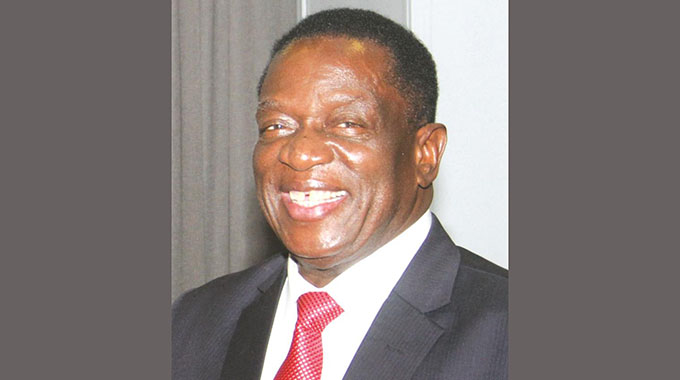A country of three struggles

Stephen Mpofu Correspondent
We are talking here about three dominant initiatives concerning the emancipation and welfare of people in our motherland.
The first struggle — now a once-upon-a-time — relates to the retrieval of our motherland from a racist, foreign ruling culture with some of its peers still nursing dreams of recolonising Zimbabwe — in the 21 century of all times!
The second struggle is about the revival of the growth of an economy Cinderella-ed to regional economies by illegal Western sanctions designed to act as a whipping stick to punish Zimbabweans for the crime of repossessing land grabbed from them by colonial settlers after Independence in 1980.
The third struggle is about dismantling male chauvinistic barriers that have kept the girl child perambulating in the woods as it were, all the while stealing envious glances at the boy child basking in the mellow sunshine of political, economic and social opportunities in the country so that, if truth be told, our nation might not so much as smell, let alone whiff a middle income economy culminating from Vision 2030 now being vigorously driven by resulting the Second Republic administration of President Mnangagwa.
Today, all the four corners of Zimbabwe are replete with calls by women for equal opportunities with men in every aspect of life where at present men enjoy the cream, while women are made to settle for the whey, so to speak. Zimbabwe’s population has more women than men.

According to some cultural beliefs now past their prime, some families still consider educating the girl child a disadvantage because she will get married and “enrich” her in-laws
Now if women, who are in the, majority continue to play second fiddle in life to fewer men as things stand now, if that is not a tragic irony, then what is?
For instance, women in the countryside, where most Zimbabweans live, grow most of the food and look after families while men, their husbands, are away at work in the urban areas in Zimbabwe or in the Diaspora and yet few women, if any, possess rights to the land they work — something that should be addressed by the land audit now underway in the country, what with devolution which seeks to transfer power from central Government to rural areas to equalise development between urban and rural set-ups.
But it all begins in the home where some of the traditional or cultural beliefs, now past their prime, but continue to hold sway in rural communities in particular.
For instance, families, fathers in particular, prefer educating the boy child to give him skills in life under the belief that he will look after his parents in old age, while they think that educating the girl child is a disadvantage to the family in the sense that she will get married and “enrich” her in-laws.
This no doubt explains why more men hold down jobs in almost every sector of the economy because of the preference given to them by their parents in the first place while the education of girls is regarded as some kind of favour.
Thus, because of the crying need for equal opportunities for both the boy child and the girl child, the socialisation of parents in the home becomes imperative in order for them to treat their male and female offspring equally to empower them for more rewarding opportunities in their future.
This also calls for skills-biased primary, secondary and university education to produce hands-on human resources to take our country to higher levels of development all round.










Comments